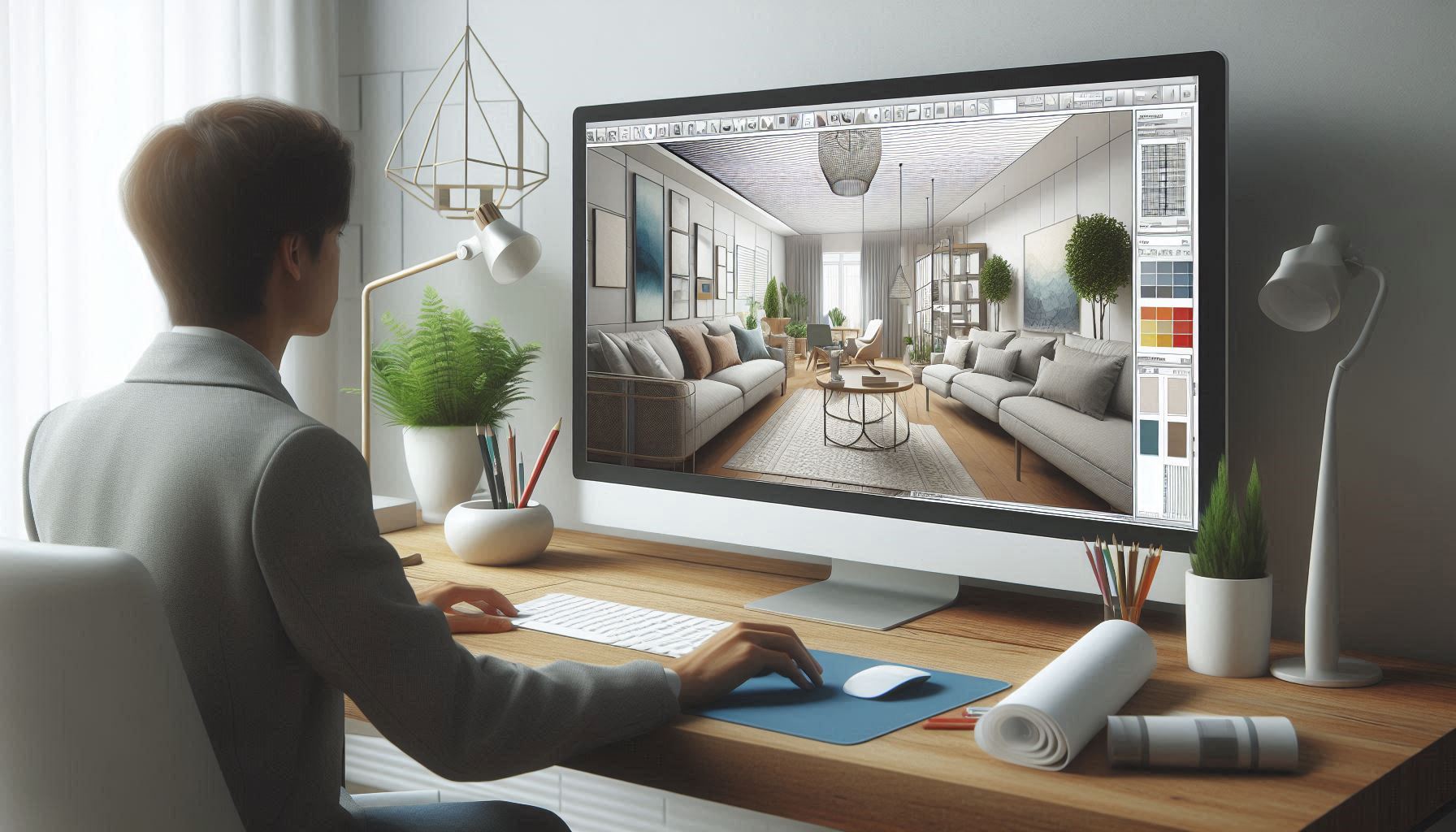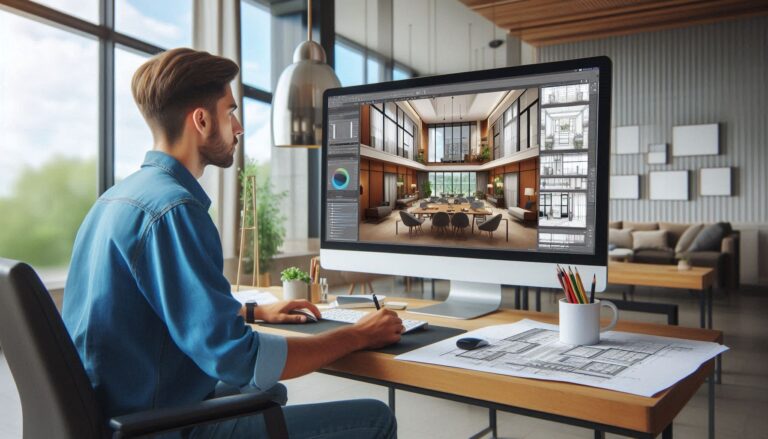How to Build a Successful Career in Interior Design

Interior design is a dynamic and creative profession that blends aesthetics, functionality, and technical knowledge to enhance interior spaces. If you have a passion for design and an eye for detail, a career in interior design can be highly rewarding. Here’s a step-by-step guide to help you build a successful career in this field.
Step 1: Understand the Role of an Interior Designer
- Interior designers plan, design, and furnish spaces to improve functionality and aesthetics.
- Work with clients, architects, and contractors to bring design concepts to life.
- Must be skilled in space planning, color theory, furniture selection, and materials.
Step 2: Get the Right Education and Training
- Earn a degree in Interior Design or a related field (Bachelor’s or Master’s degree preferred).
- Some professionals opt for diploma or certification courses from reputed institutions.
- Accredited programs by NCIDQ, CIDQ, or CIDA enhance credibility.
Step 3: Develop Essential Skills
- Creativity Artistic Sense: Ability to create visually appealing and functional spaces.
- Technical Skills: Proficiency in software like AutoCAD, SketchUp, Revit, and Adobe Creative Suite.
- Communication & Client Management: Ability to understand client needs and convey design concepts effectively.
- Project Management: Managing budgets, timelines, and coordinating with multiple stakeholders.
Step 4: Gain Practical Experience
- Intern with established interior design firms to gain hands-on experience.
- Work on real-life projects to develop a strong portfolio.
- Freelancing and volunteering for small projects help in skill-building.
Step 5: Build a Strong Portfolio
- Showcase your best design work, including sketches, 3D renderings, and completed projects.
- A well-organized portfolio helps in securing clients and job opportunities.
- Create an online presence through a website or social media platforms.
Step 6: Obtain Certification and Licensing (If Required)
- In some regions, interior designers must pass NCIDQ (National Council for Interior Design Qualification) exam.
- Other certifications like LEED (Leadership in Energy and Environmental Design) add value.
- Licensing requirements vary by country and state, so check local regulations.
Step 7: Network and Stay Updated
- Join professional organizations like ASID, IIDA, or NKBA for networking and career growth.
- Attend design expos, workshops, and industry events to stay updated on trends.
- Connect with mentors and professionals to gain insights and opportunities.
Step 8: Specialize in a Niche
- Consider specializing in residential, commercial, hospitality, healthcare, or sustainable design.
- Expertise in a niche field can help you stand out and attract specific clients.
Step 9: Start Your Own Business (Optional)
- If you aspire to be an entrepreneur, start your own interior design firm.
- Learn business fundamentals like marketing, finance, and client management.
- Build a reliable team and create a brand identity.
Conclusion
Building a successful career in interior design requires a combination of education, experience, creativity, and business acumen. By continuously learning and adapting to industry trends, you can establish yourself as a leading professional in this exciting field.
Do you need guidance on any specific aspect? Let us know in the comments!






